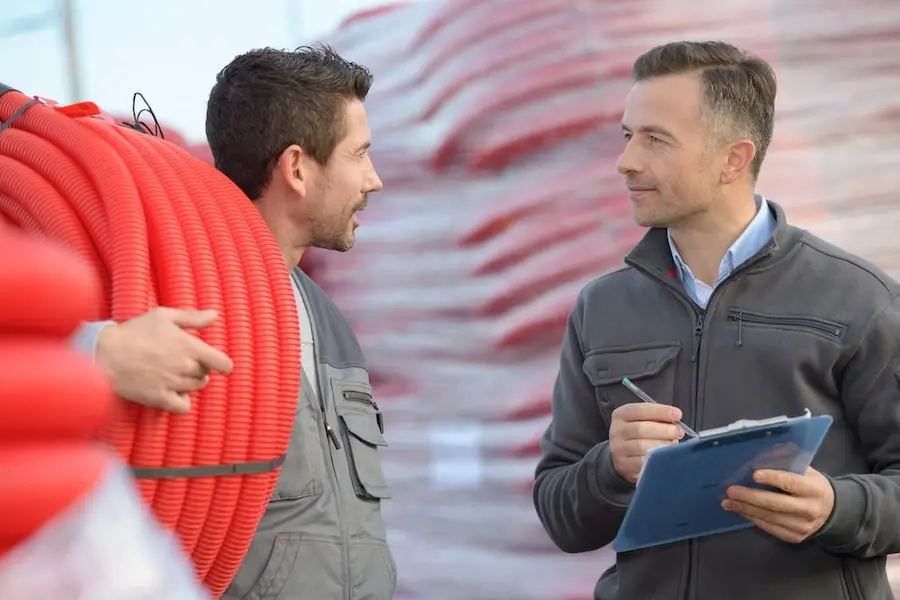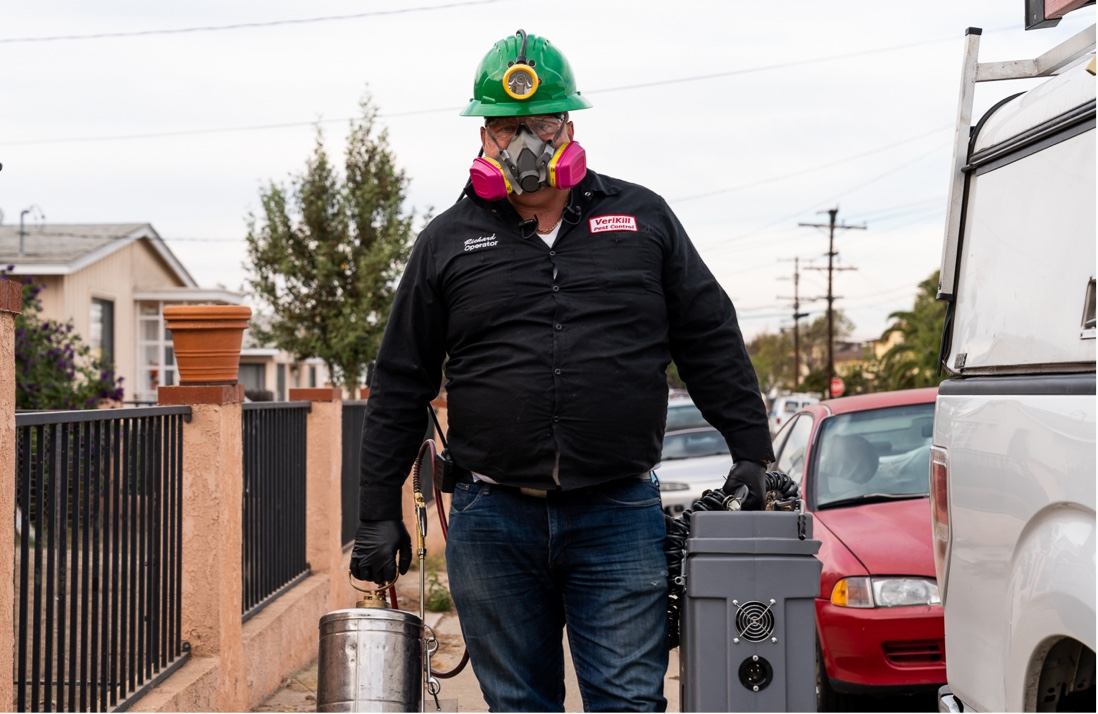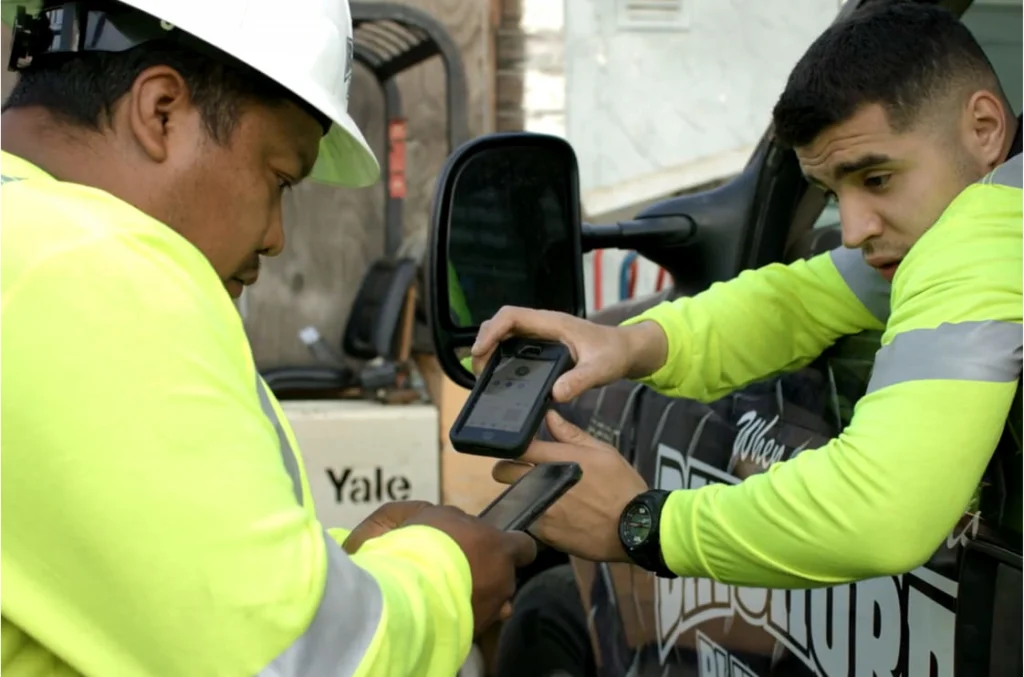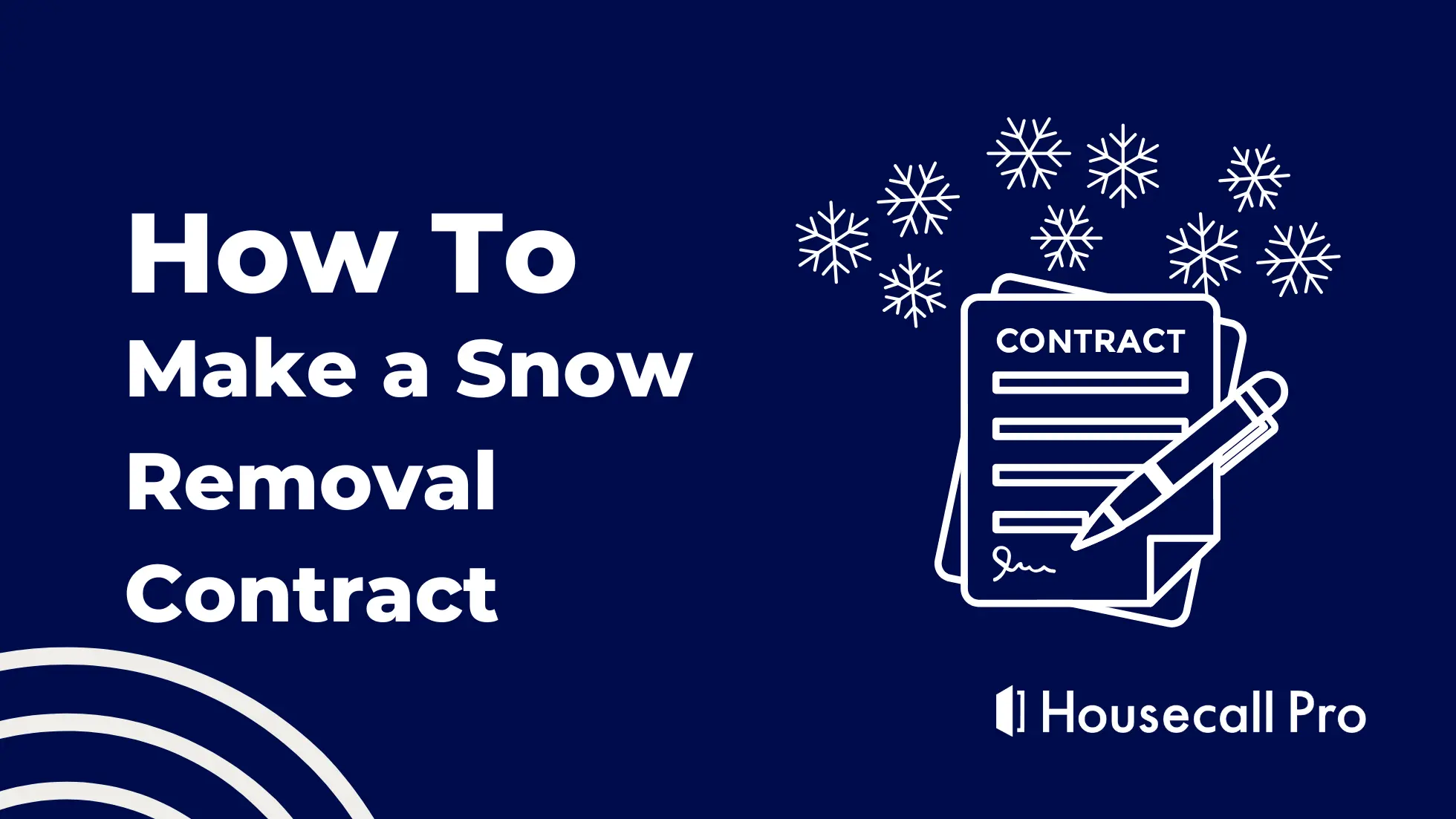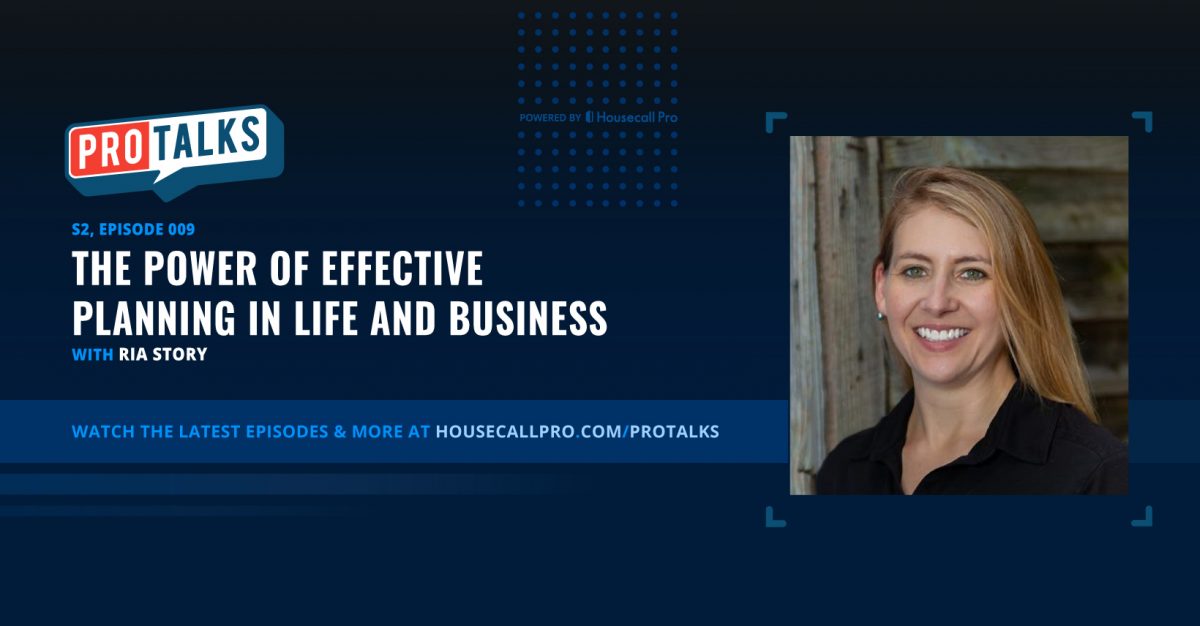
Ria Story is a leadership trainer, speaker, and author with focuses on time and change management, unlocking potential, communication skills, and resilience, among other leadership practices.
Ria also uses her past as a survivor of abuse and trafficking to inspire women to “increase their influence, develop their leadership, and maximize their results.”
In this episode of ProTalk, Roland and Alexa spoke to Ria about time management and overcoming trauma.
Ria’s perspective on both is one of empowerment and action. According to Ria, effective time management isn’t really about managing time, it’s about prioritizing. “Not just planning priorities, but prioritizing our planning,” she explains on this podcast. About trauma, she says, “Regardless of what happens, I always have the power to decide how I’m going to respond to it.”
Resources mentioned in this episode
PRIME Time: The Power of Effective Planning by Ria Story
Ria’s Podcast: Fearfully and Wonderfully Me
The 7 Habits of Highly Effective People by Stephen Covey
Moments and highlights
Symptoms of living a whirlwind life [12:20]
When you aren’t in control of your time and priorities, you end up living in what Ria refers to as a “whirlwind life.” Some of the symptoms include:
- Feeling overstressed and over-committed
- Frequently missing appointments or being overly disorganized
- Feeling stretched too thin
- Lacking the energy to be spontaneous or flexible
If this is you, read on for some of Ria’s solutions.
Time Management: Finding Balance [14:55]
Ria sees four primary dimensions of life that should be in balance. The four dimensions are:
- physical dimension (health and environment)
- mental dimension (mind, personal growth)
- social dimension (relationships with other people) and
- values dimension (spiritual and heart matters)
Balancing these four dimensions is like riding a car with well-balanced wheels. “Our life is kind of like that. You can get away without balance for a little while, but sooner or later it’s going to catch up to you.”
To help find balance, Ria uses an exercise known as the abundant life assessment which starts by participants asking themselves where are they are at relative to where they want to be.
The abundant life assessment asks ten questions based on these four dimensions to figure out what’s most important. You can find this assessment on Ria’s website as a free download.
In her book, PRIME Time: The Power of Effective Planning, she goes deeper into time managing using her own PRIME approach.PRIME is an acronym which stands for the five potential uses of one’s time:
- Power: Activities that actually produce something and are in line with your values.
- Restorative: Things that fill your tank back up.
- Incongruous: Good, but not great things; not the best use of time, but sometimes necessary.
- Marginal: Fires that could’ve been prevented with forethought or planning.
- Expendable: Timewasters that don’t bring any value.
According to Ria, a good goal is to spend 80% of one’s time in activities that would fit the power and restorative blocks. So how does one accomplish this? By becoming better at saying no.
Time management: get good at saying no [33:48]
“You can’t build more hours in the day, and you’ve gotta take care of what you’ve got to do — what’s most important. But we can learn to say no to the thing. The time suckers, the time drains, the energy drains, some relationships might need to be trimmed down,” Ria says.
She uses the example of being invited to a networking meeting: “And as a business owner, you’re like, ‘Well, maybe I should go.’ But then think back what return on investment did you get from the last networking meeting you went to? Is that something that, and then I’m going just because somebody invited me, or am I going because it’s really going to be a great use of my time?”
Time management: starting small creates habits [44:57]
The other way to build these time management skills is to be okay with starting small. Commit to small changes, because those small changes become habits, and they also help build integrity and leadership skills: “It’s important to not just keep commitments we make to other people, to our customers and our clients. We have to keep the commitments we make to ourselves, and the best way to do that is to start really small because it’s easy to do that,” Ria explains.
Trauma response: on being proactive [38:02]
When the conversation moves on to Ria’s past and how she overcame a traumatic childhood. For those working through trauma or crisis, Ria recommends recognizing that “what happens to us is not as important as what we do about it.”
By being proactive in this work, she believes that you begin to “own what happened rather than it owning you.
One small way of being proactive is by developing the habit of pausing when things become intense.
Trauma response: the pause button [41:25]
Working through trauma, crises, or simply stressful events, is intense and can lead to big, difficult to handle emotions. For situations when emotions are getting the best of you, Ria recommends Dr. Stephen Covey’s practice of utilizing a “pause button.” This amounts to simply pausing before reacting and giving yourself mental space for a reset.
“Sometimes you cannot get out of the situation,” Ria explains, “but if you can use your literal pause button: stop and tell yourself, ‘stop, pause, let me think this through. If I can, what’s the best response? And if I can’t do that, maybe just no response yet.”
Listen to the entire episode for more insights on time management, prioritization, and responding to trauma.

